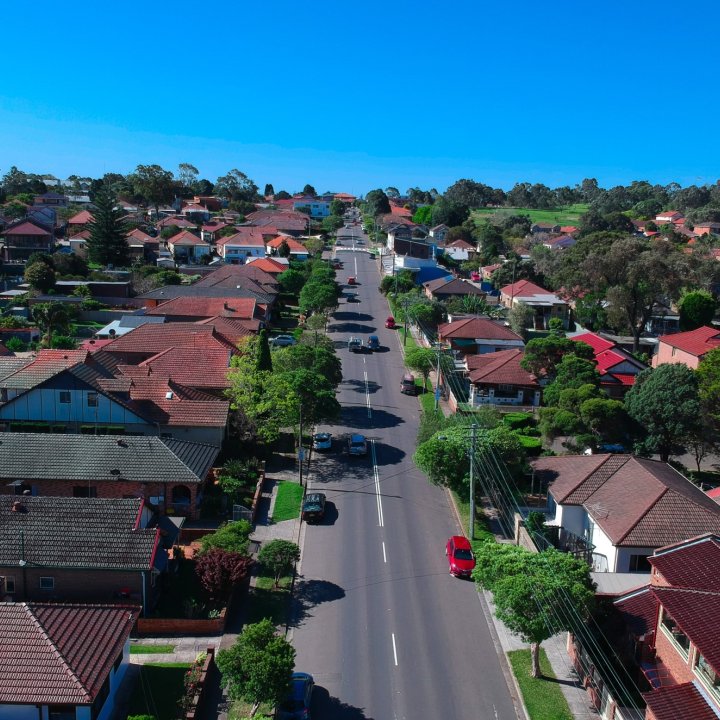
Have your say on proposed rate increases
IPART invites your feedback on special variation applications submitted by 10 NSW councils, seeking to increase their income from rates above the rate peg for 2026-27. Community feedback is an important part of the Tribunal’s assessment of these applications.
Have your say during the consultation period, which runs from Tuesday, 17 February to Monday, 9 March 2026.
The Tribunal is now seeking community feedback on applications from:
- Ballina Shire Council
- Blacktown City Council
- Central Coast Council
- Cessnock City Council
- Glen Innes Severn Council
- Hawkesbury City Council
- Ku-ring-gai Council
- Muswellbrook Shire Council
- North Sydney Council
- Uralla Shire Council
Glen Innes Severn Council and North Sydney Council have also applied for minimum rate increases.
Have your say
Survey
- Complete our short online survey
- This will take approximately 5 minutes to complete
- It includes targeted questions related to the criteria we use for our assessment
Submission
- Make an online submission.
Your submission should address one or more of the criteria set by the Office of Local Government, as outlined below (see here for IPART’s submissions policy).
What are Special Variations and Minimum rates?
Every year IPART sets a rate peg for each council in NSW which is the maximum amount by which councils can increase the general income that they collect from ratepayers (rates income).
For 2026-27, the core rate pegs range from 2.5% to 4.2% across NSW and 83 of the 128 councils also received an additional allowance to reflect an adjusted population factor of up to 2.7%.
If the elected councillors agree that a council needs additional revenue, the council can apply to IPART for a special variation to increase rates income by more than the rate peg amount. Council requests for special variations are often to develop or maintain essential community services and infrastructure.
Councils can apply for special variations for a single year or multiple years (up to a maximum of 7 years), and it can be permanent or temporary.
A council can also set a minimum rate for each of its rating categories, and can apply to increase minimum rate levels above the statutory limit. Minimum rates ensure that ratepayers with lower land values (such as apartments) contribute a certain amount towards community services and infrastructure.
You can find answers to some frequently asked questions in the below factsheets:
- Frequently asked questions - Special Variations
- Frequently asked questions - rates, fees and charges and land valuations
How special variation applications are assessed
IPART assesses Special variation applications against specific criteria set out by the Office of Local Government (OLG). Councils can only apply to IPART for a special variation if the elected councillors pass a resolution to go ahead with the application.
As set out in the OLG assessment criteria, IPART will consider whether councils have:
- demonstrated the need for the additional income
- provided evidence that the community is aware of the need for and extent of the proposed rate rise
- established that the impact on affected ratepayers is reasonable
- exhibited, approved and adopted relevant planning documents
- explained and quantified the council’s productivity improvements and cost containment strategies.
In addition, the Tribunal may take into account any other information it considers relevant. Further information regarding the assessment criteria can be accessed here.

